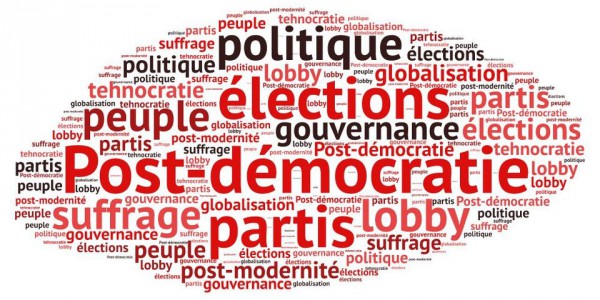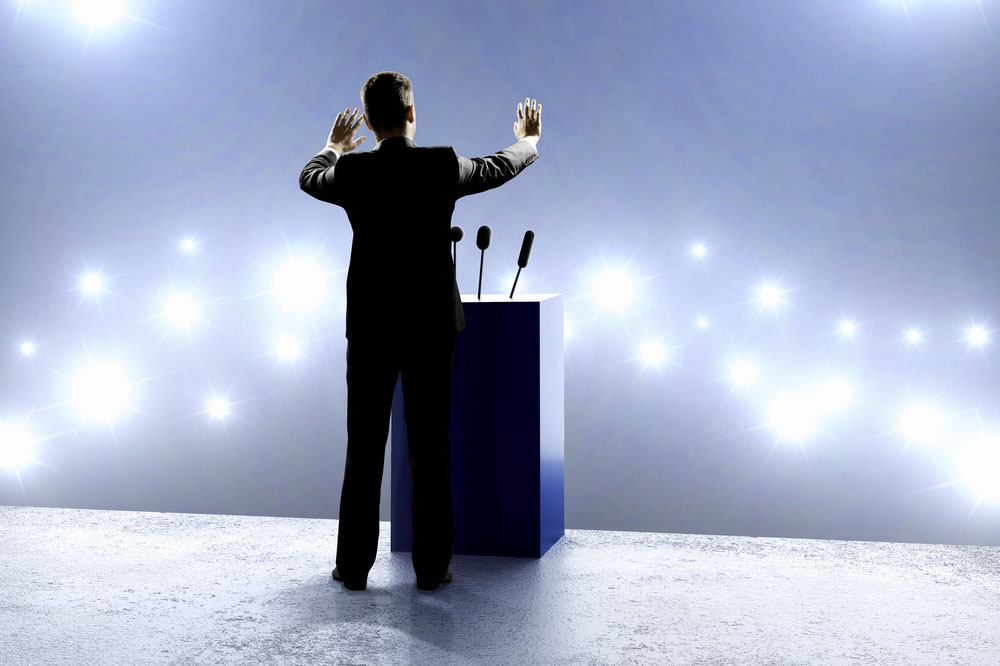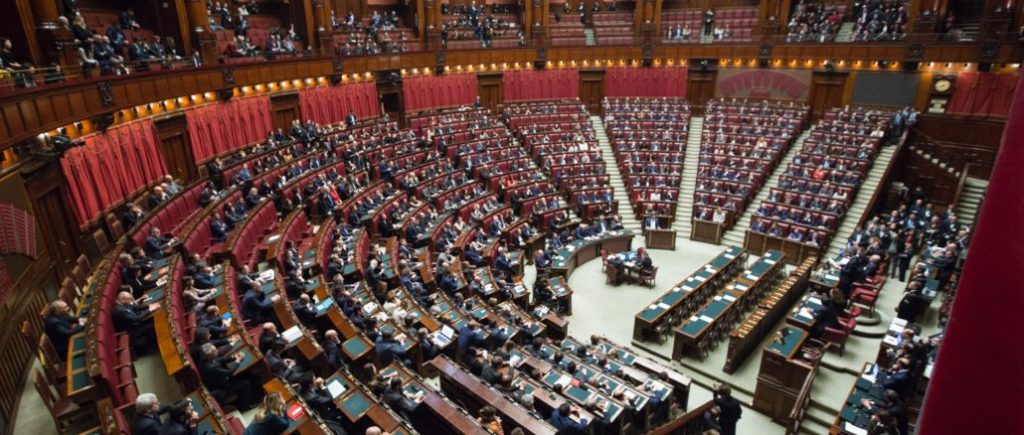Does power usually change man?
Our African politicians: are they really not crazy?
Does power usually change man?
Power fascinates, corrupts, transforms. But when exercised excessively, it can also become a trap, a vicious circle where ideals fade to give way to an insatiable thirst for control. This reality, very often observed on the African continent, raises a fundamental question: are our politicians unreasonable, or is it power itself that changes them to the point of altering their humanity?
It is often said that power reveals the true nature of man. For some, it exacerbates latent traits: greed, vanity, or even a certain form of paranoia. In Africa, where the political landscape is often marked by complex post-colonial contexts, glaring inequalities and fierce struggles for control of resources, power becomes a weapon and a source of wealth, sometimes more than a moral responsibility.

There is no shortage of examples. How many leaders have promised great things before their rise and then cling to power through constitutional manipulation, violent repression or fraudulent elections? From Central Africa to West Africa, formerly charismatic and inspiring political figures have often fallen into autocratic dynamics, betraying the hopes of their populations.
The African political system, in many cases, inherits from colonial models that favored extreme centralization of power. This model, rarely called into question, promotes a culture where the politician is perceived as a “modern king”. Institutions, although existing, are often fragile and incapable of containing abuse.
Furthermore, the glorification of the leader and the excessive personalization of power fuel a mentality that associates the State with the individual. From this perspective, leaving power is seen not as a natural step, but as a disavowal or an existential threat. The example of African presidents multiplying mandates despite popular opposition illustrates this dynamic.
Should we blame power or those who seek it? According to psychological analyses, power acts as a catalyst. It intensifies existing traits and can lead to a gradual disconnection from reality. Leaders surrounded by courtiers and cut off from the masses often fall into a spiral of selfish and irrational decisions, where their own retention of power becomes more important than collective well-being.

However, not all African politicians fall into this cycle. Some, like figures like Nelson Mandela, have demonstrated that it is possible to exercise power with humility and while remaining faithful to principles. This proves that power, if used well, does not necessarily transform one into a tyrant or an egotist.
The alleged madness of our politicians raises another question: that of the responsibility of citizens. In societies where clientelism is widespread and where populations are sometimes resigned to abuse, change becomes difficult. Voters, seeking individual benefits or manipulated by populist speeches, sometimes themselves contribute to the maintenance of failing systems.
Our African politicians are not inherently crazy. They operate in a complex system where power acts like a centrifugal force, attracting some and rejecting ethical principles. But this system is not immutable. It is up to each citizen, intellectuals, media and institutions to build a political environment where power is no longer an end in itself, but a means to serve.
Power, whether in Africa or elsewhere, should not turn man into a despot, but rather reveal his capacity to inspire, build and transform positively. It remains to be seen whether future generations will be able to break this cycle and redefine the relationship between man and power.



